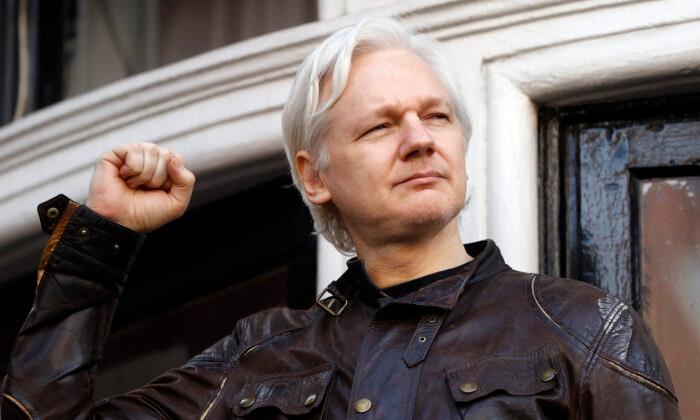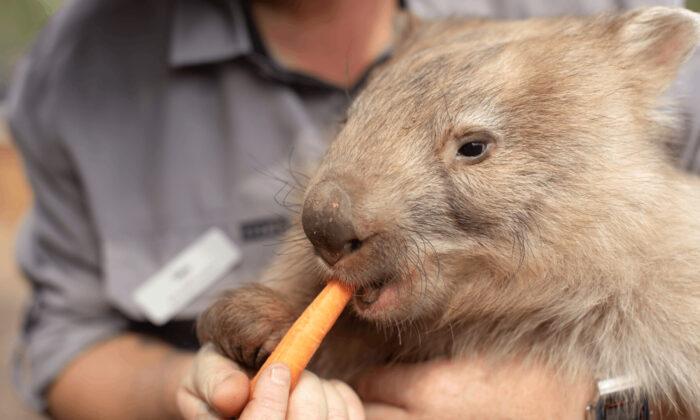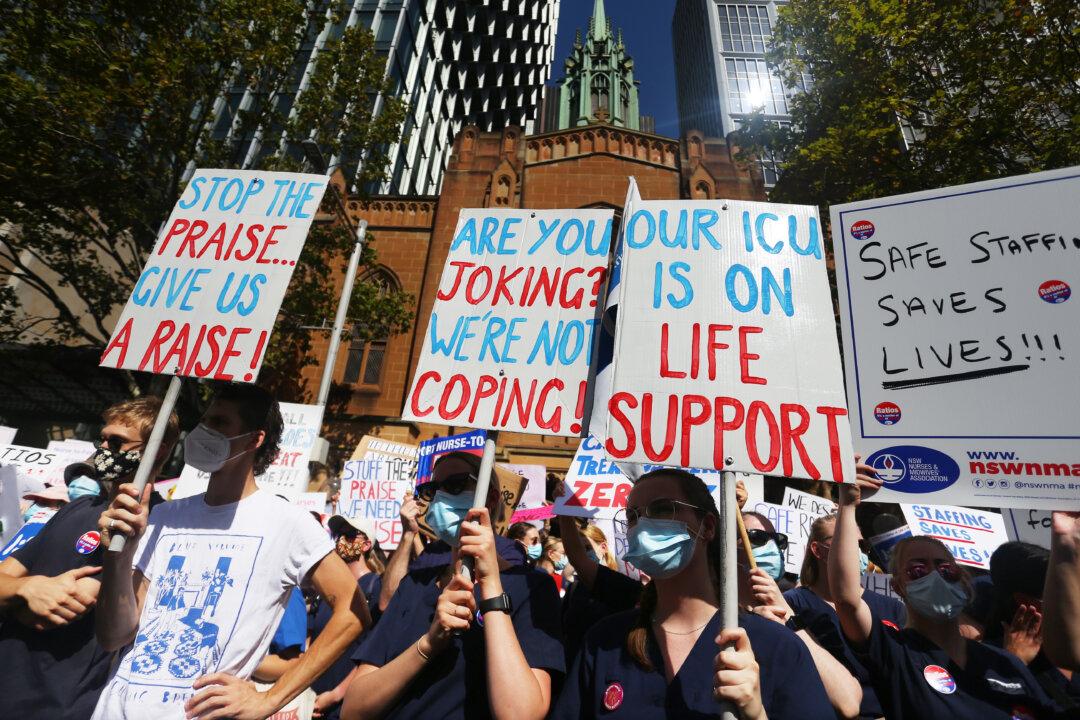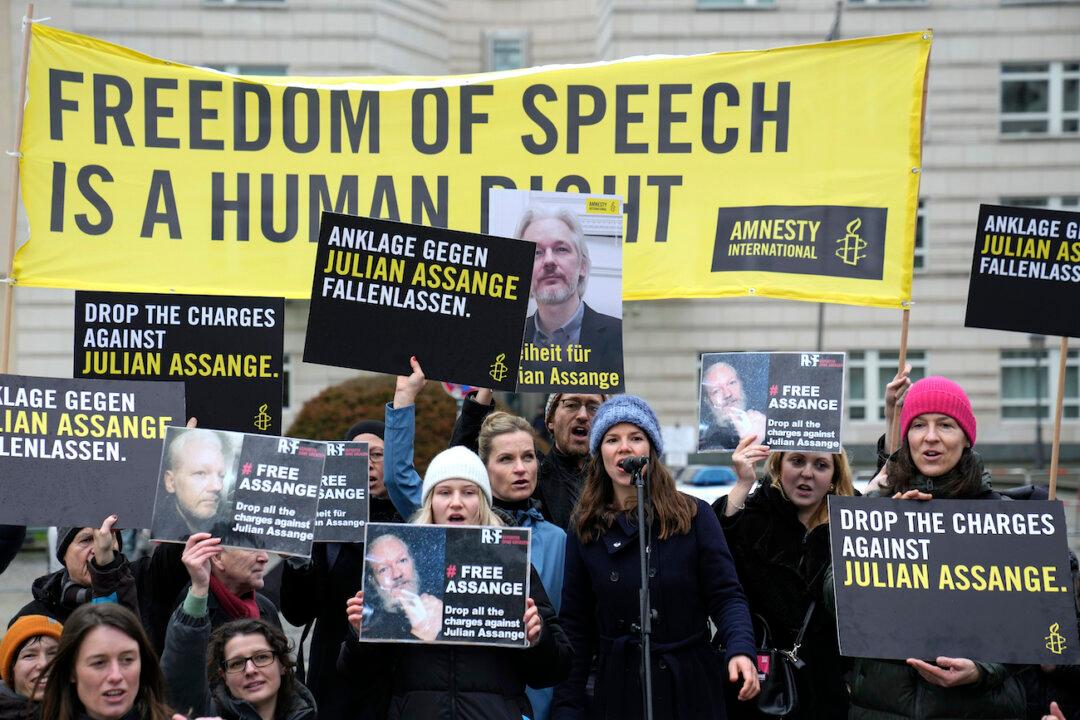Australia is the 35th nation to seek clarity from the IOC on what “neutrality” means as it tries to find a way for Russian and Belarusian athletes to return to international sport and, ultimately, the Paris Olympics.
A spokesperson for federal Sports Minister Anika Wells confirmed on Tuesday that Australia had also signed the statement.
The government would not speculate on what might happen next.
“As long as these fundamental issues and the substantial lack of clarity and concrete detail on a workable ‘neutrality’ model are not addressed, we do not agree that Russian and Belarusian athletes should be allowed back into competition,” read Monday’s statement.
Among those signing the statement were officials from the United States, Great Britain, France, Canada and Germany.
Those five countries brought nearly one-fifth of all athletes to the Tokyo Games in 2021.
Other countries that had suggested an Olympic boycott was possible if the war in Ukraine continues—such as Poland, Latvia, Lithuania and Denmark —also signed the statement.
It did not go so far as to mention a boycott.
The statement was the product of a February 10 summit in London between government leaders, who heard from Ukrainian president Volodymyr Zelenskiy.
He said Russian athletes had no place at the Paris Games as long as the country’s invasion of Ukraine continues.
The International Olympic Committee (IOC) is trying to find a way to allow Russians into the Olympics, citing the opinion of United Nations human rights experts who believe Russians and Belarusians should not face discrimination simply for the passports they hold.
The IOC wants competitors from those countries who have not supported the war to be able to compete as neutral athletes, with no symbols of their countries allowed.
An IOC spokesman said the committee has already begun a process to outline the circumstances under which Russians could compete in an international competition if, in fact, it decides to continue down the current path.
A decision needs clarity well before the Olympics because this year marks the start of the Games qualifying period.
Russia and Belarus, traditionally considered part of Europe in the international sports system, have instead been invited to compete in some Asian qualifiers this year.
The next IOC executive board meeting is set for March 28-30.
While acknowledging there was an argument for them to compete as neutral athletes, the government officials noted in the joint statement how closely sports and politics are intertwined in Russia and Belarus.
Russia invaded Ukraine a year ago, and Belarus has been its closest ally.
“We have strong concerns on how feasible it is for Russian and Belarusian Olympic athletes to compete as ‘neutrals’—under the IOC’s conditions of no identification with their country - when they are directly funded and supported by their states (unlike, for example, professional tennis players),” the statement said.
“The strong links and affiliations between Russian athletes and the Russian military are also of clear concern. Our collective approach throughout has, therefore, never been one of discrimination simply on the basis of nationality, but these strong concerns need to be dealt with by the IOC.”
- with AP





